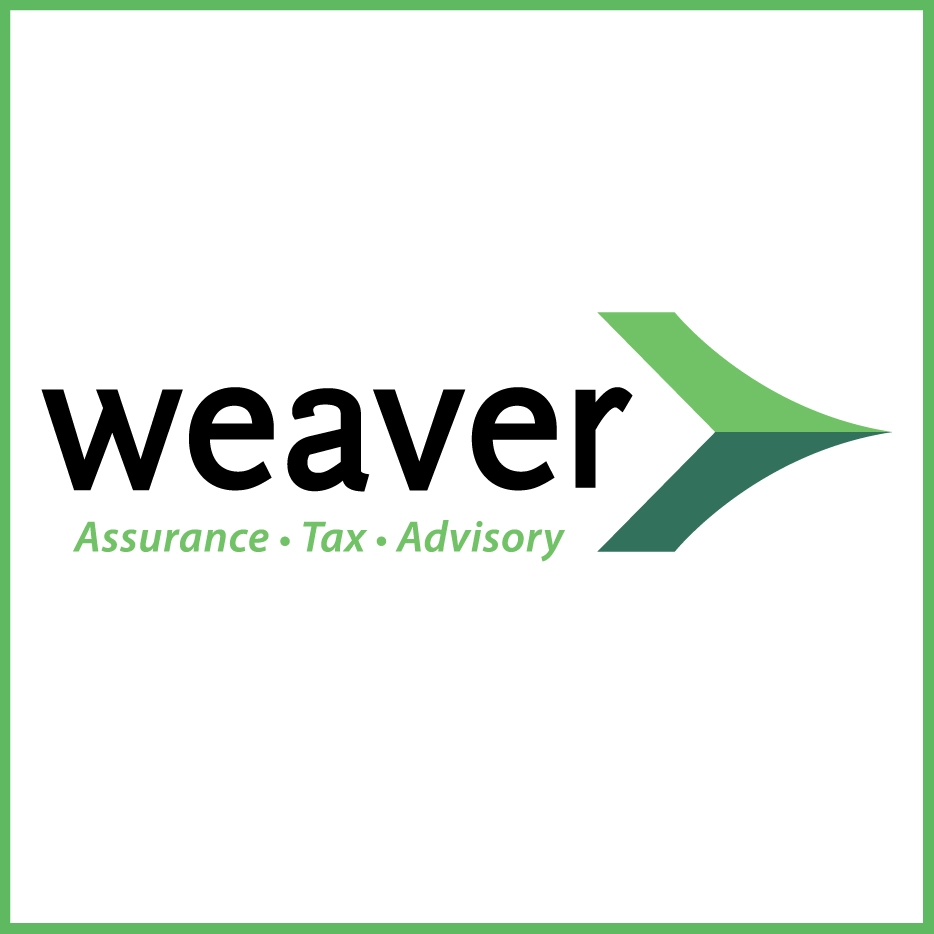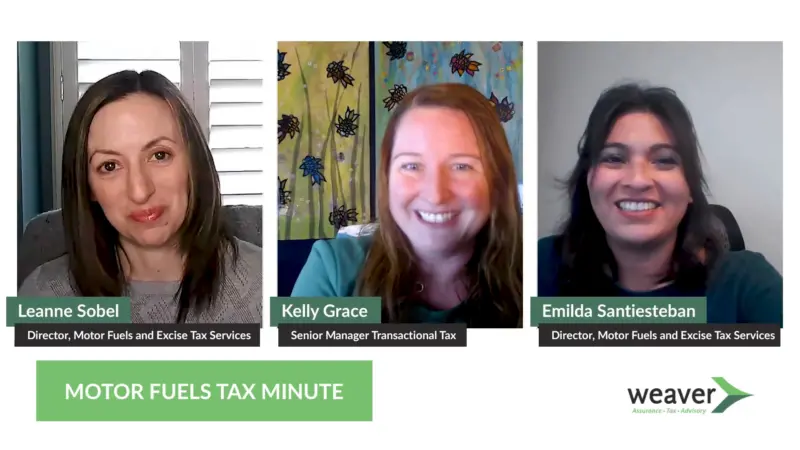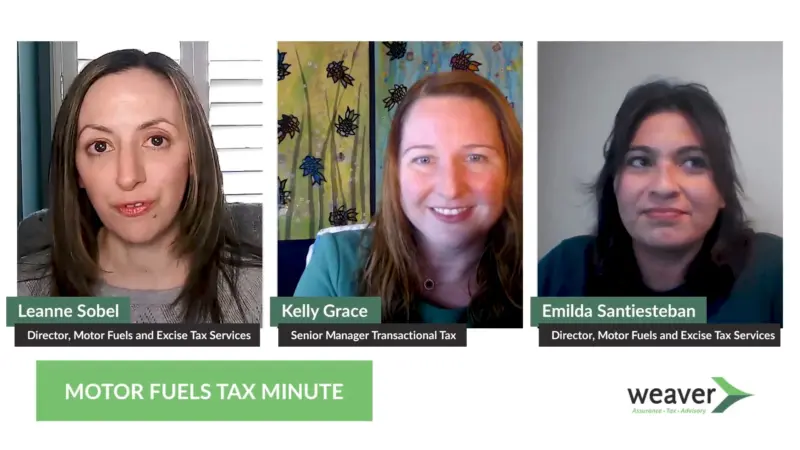Weaver: UBIT and Functional Expenses for Nonprofits
For the first episode of Weaver’s “Not-For-Profit” podcast series, the company’s Tax Partner, Kirby Ross, and Assurance Partner, Jackie Gonzalez, discussed unrelated business income tax (UBIT) and functional expenses in the context of nonprofit organizations. Kirby explained that a UBIT is a tax levied on income generated by a nonprofit through activities unrelated to its exempt purpose. The goal of UBIT is to create a level playing field between nonprofits and for-profit businesses, preventing unfair competition.
Ross and Gonzalez also focused on …
• UBIT explained: Tax on nonprofits for income from unrelated activities, aim to create fair competition with for-profit businesses.
• Identifying and managing UBIT: Nonprofits should examine revenue streams, understand triggers, and strategically plan to address potential taxes.
• Functional expenses discussion: Focus on accurate allocation between program and supporting services, with consistent policies and good stewardship for donor confidence.
Some examples of UBITs include advertising revenue and debt-financed rental income. Auditors play a crucial role in identifying UBITs by examining an organization’s revenue streams, particularly miscellaneous income. Although paying UBITs might seem unfavorable for a nonprofit, it can still have advantages for an organization to engage in lucrative ventures and pay taxes on the income generated, as long as the net proceeds are used for its exempt purposes.
Another topic discussed in the conversation was the statement of functional expenses. Gonazlez and Ross talked about the importance of accurately allocating expenses between program and supporting services. Consistency in allocations and having clear policies are crucial for both auditing and tax purposes. Rating agencies like Charity Navigator assess nonprofits based on their expense allocation, with higher ratings going to organizations that allocate a larger percentage of their expenses to program services.
A good target for a highly functioning nonprofit is to allocate less than 15% of its expenses to supporting services, with the rest going to program services. A lower percentage allocated to program services could have negatively impacted the organization’s reputation and deterred potential donors. The conversation concluded with both speakers acknowledging the importance of auditors in helping nonprofits accurately report their expenses and assess their UBIT exposure.
About Kirby
Kirby Ross is a Tax Partner at Weaver and has been with the company since 2020. Previously he was a Shareholder at HSPG & Associates. He’s also a graduate of the University of Central Oklahoma.
About Jackie
Jackie Gonzalez is an Assurance Partner at Weaver and manages the company’s Assurance Services. She’s been with the company for 18 years and is an alum of Texas Wesleyan University



